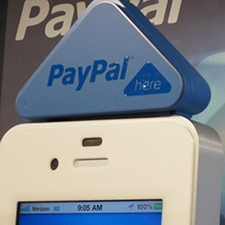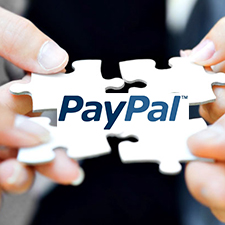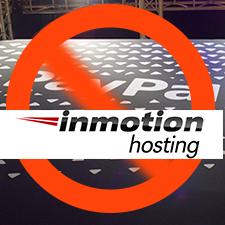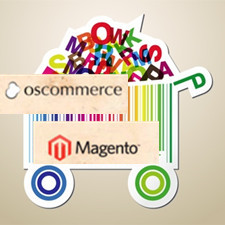
Almost every web hosting company offers multiple options of payment methods like Paypal, Google checkout, Bank Transfer, Debit Card, and Credit Card (Visa, AmEx, Disc, Mater card), among which Paypal and credit card are the most commonly used one. In this article, our editors have compared the 2 payments comprehensively, and presented the reasons why Paypal is more preferred as compared with a credit card.
The Pros and Cons of Paypal
Paypal is a safe and secure e-commerce payment method and money transfer tool, which allows users to pay online quickly, without the need of exposing the financial information with sellers. According to PayPal official site, no matter how users use PayPal, the security is their top priority. Therefore, in addition to keeping the financial information private, they also offer the latest fraud prevention technology which monitors every account day and night, as well as useful tips and tools to fight against identity theft. Until now, Paypal has 132 million active registered accounts in 193 markets and 25 currencies around the world, with more than 7.6 million payments every day.
Pros
- The biggest advantage of PayPal is the level of protection they provide to both buyers and sellers. While buying online is more risky than going to the physical store, using PayPal can avoid sharing financial information, thus reduce the opportunities of having the financial information get into the wrong hands. Moreover, every transaction is protected by PayPal’s sophisticated fraud prevention system.
- Paypal is pretty easy to set up and use as compared with any other payment method. Users do not need to fill out and sign a ton of paperwork, submit to a credit check, and wait several days.
- It is free to use, with no monthly, setup, membership or cancellation fees.
- Checking out and paying with PayPal is usually very fast.
- Every Paypal account is linked to an e-mail address, which is the only personal information users need to offer.
- The types of currency supported by PayPal payments are up to 25.
Cons
- Paypal has a long list of rules that users have to comply with.
- Paypal can freeze the funds of sellers, especially when sellers suddenly receive a huge sum of money but cannot explain the source of funds.
The Pros and Cons of Credit Cards
A credit card is a payment card which allows the cardholders to pay for goods and services easily. It makes purchasing an easy thing, without the need of searching for an ATM or keeping cash on-hand. In the web hosting industry, credit card can be one of the widely used payment method, but we, to be frank, do not recommend our readers choosing it, for it is not as safe as Paypal.
Pros
- Credit card carries convenience a lot, as users can purchase online anywhere at any time with it.
- It keeps a record of the expenses, helping users to track their financial activities. Some credit cards even provide year-end summaries.
- It can help build the credit history if users pay off a credit card consistently from month to month.
Cons
- Some web hosts may deduct the money from credit card even if customers have already canceled their accounts.
- The credit cards may come with some significant annual fees. For instance, many American Express cards charge excessive $50 to $100 annually for their high-end reward programs.
- Credit cards increase the chance of identity theft, as the credit card numbers are maintained at every institution the users do business with, as well as the large credit reporting agencies. So the personal and financial information is easy to be released or stolen.
Summary
Based on the pros and cons of PayPal and credit card, Paypal is more recommended. After all, the security issue is the top concern when buying online, and paying with Paypal is undoubted more secure than paying with a credit card.
Based on our editors’ experience, we highly recommend Arvixe, WebHostingHub and JustHost as the top 3 web hosts which support PayPal payment.
















